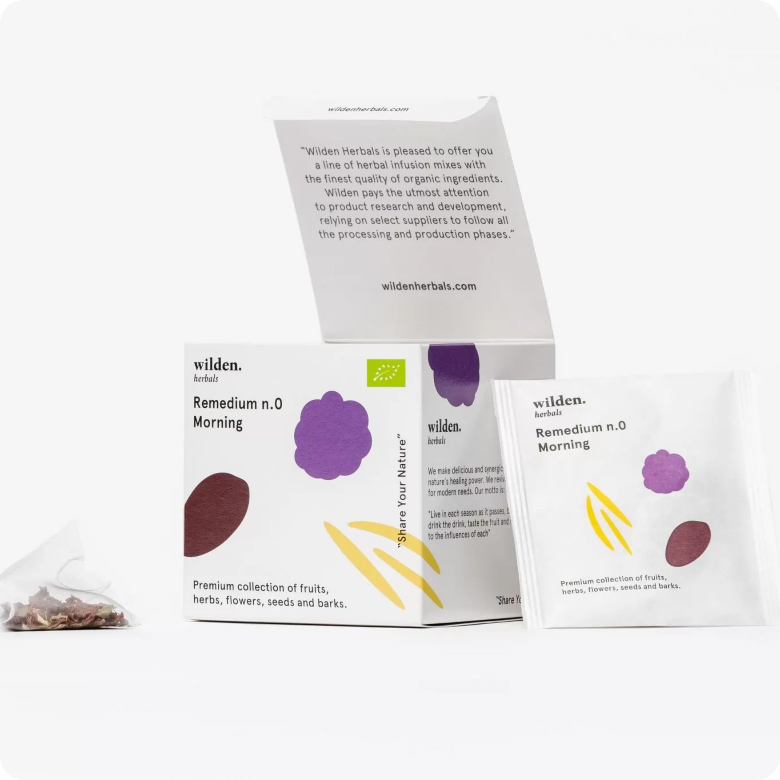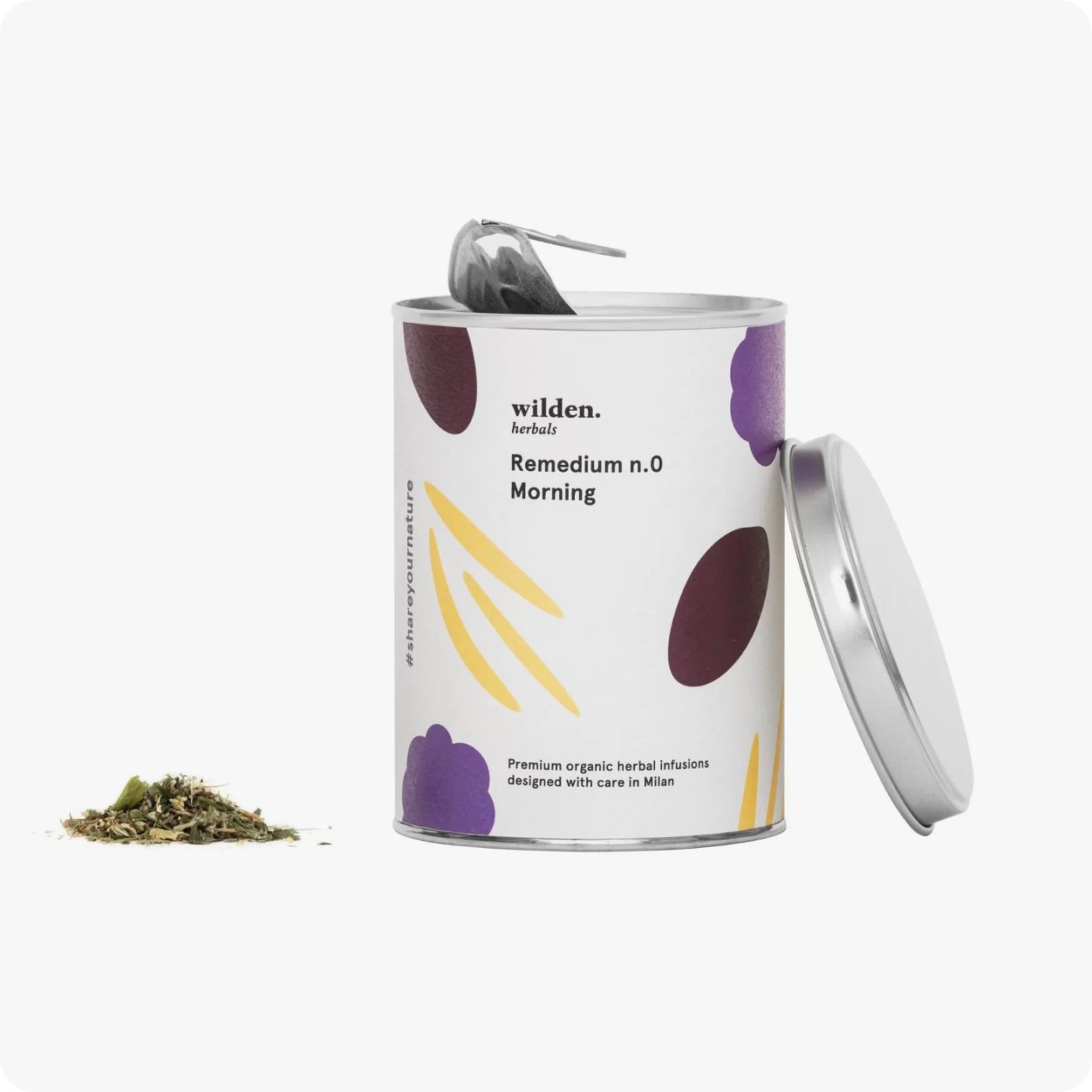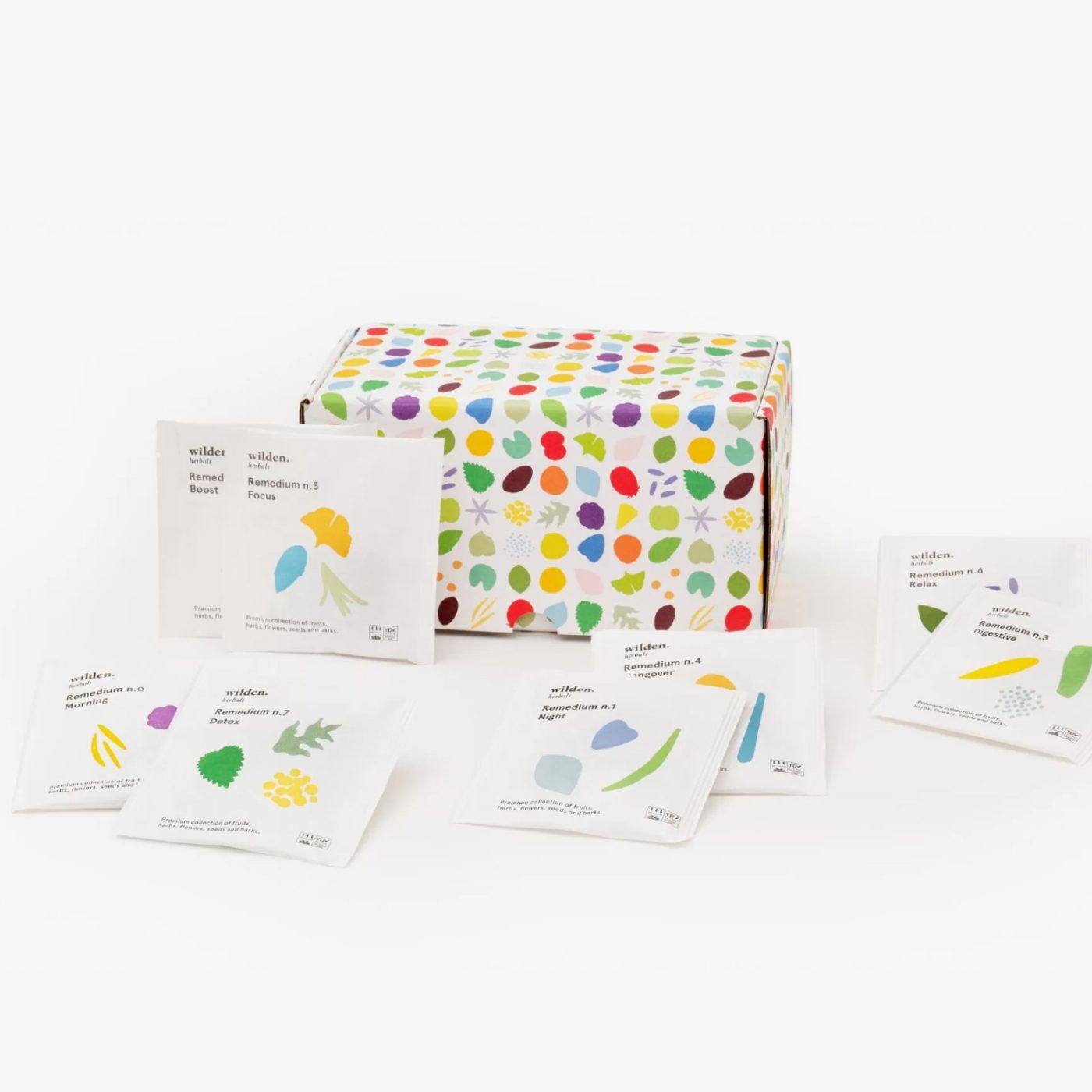Anxiety: how to recognize it and how to manage it naturally
The term anxiety is now increasingly pervasive, in a post-covid world it has crept into our daily lives. But what exactly does it mean? Let's try to distinguish between stress, anxiety and other similar disorders.
Facing exams, public speaking or going to a medical appointment can make us feel stressed or anxious. This is a normal response; our bodies activate their alert systems when a situation arises that makes us feel uncomfortable. However, when the state of worry becomes excessive and interferes with daily activities, it could be a true anxiety disorder. It is important to understand the differences in order to find the correct way that can help us manage these moments.

What is meant by stress?
Stress is an emotional response, usually caused by an external trigger. For example, a deadline, a fight, an illness or an uncomfortable situation at work.
The mental and physical symptoms of stress are:
- irritability
- anger
- fatigue
- muscle pain
- digestive disorders
- insomnia
The important thing in these cases is to understand that the stress is given by a situation external to us and that once we get over it, the symptoms disappear.
What is meant by anxiety?
Anxiety and stress are very similar. Anxiety is an uncomfortable feeling in the form of feelings of worry or fear that can be mild or severe. It is normal to feel anxious at certain times in life (many of these are the same situations that can cause stress). The difference, however, is that anxiety tends to be more persistent and can occur even in the absence of a stressor.
Symptoms of anxiety are:
- insomnia
- concentration difficulties
- fatigue
- muscle tension
- irritability
What are anxiety disorders?
Anxiety disorders differ from everyday anxiety in the severity and longevity of symptoms. And also because they interfere with normal everyday activities and sometimes simple tasks may seem impossible to accomplish. In addition, anxiety disorders can take over and nullify life’s little pleasures because constant worry predominates over all other feelings.
The most common types of anxiety disorders are:
- Generalized anxiety disorder: excessive worry that occurs almost every day over six months, accompanied by physical symptoms.
- Panic disorder: sudden and repeated episodes of intense fear that are accompanied by sweating, dizziness, shortness of breath, abdominal distress, palpitations, and/or chest pain.
- Phobias: are anxiety disorders triggered by specific situations or things (e.g., spiders, flying or social situations).
- Posttraumatic stress disorder (PTSD): an anxiety disorder developed as a result of an event or threat (e.g., assault, accident, trauma, etc.).
- Obsessive Compulsive Disorder (OCD): is an anxiety disorder characterized by recurrent, unwanted thoughts (obsessions) and/or repetitive behaviors (compulsions), usually as rituals, to prevent these thoughts.
If anxiety prevents you from going about your daily activities, consult a specialist. Anxiety disorders should receive treatment and support that can help you manage them.

How to manage anxiety naturally?
Anxiety and stress respond to defense mechanisms. Exercising, eating a healthy diet, and getting a good rest are key lifestyle choices for everyone, but even more so when symptoms of stress or anxiety appear. Reducing caffeine and alcohol can also help. Another suggestion that comes from both the literary and scientific worlds is to find one’s own connection with nature.
Wilden.herbals studies and creates natural infusions that can be a concrete support at different times of the day or dedicated to different moods. In the new Health line you will also find an infusion that helps relieve states of anxiety thanks to a blend of medicinal herbs whose recipe includes: ginkgo, rhodiola rosea, hawthorn, chamomile, mint and bitter orange. A set of ingredients that provide a relaxing effect and help relieve perceived stomach symptoms (among the most recurrent in anxiety).

Bibliography
- DSM-5 : Diagnostic and Statistical Manual of Mental Disorders.
- NIMH. Generalize anxiety disorder. https://www.nimh.nih.gov/health/publications/generalized-anxiety-disorder-gad Accessed 10/19/22.
- CDC. Stress. https://www.cdc.gov/violenceprevention/about/copingwith-stresstips.html Accessed 19/10/22.
- Cleveland clinic. Stress. https://my.clevelandclinic.org/health/articles/6392-stress-coping-with-lifes-stressors. Accessed 19/1022.
- Barlow, D H et al. “Generalized anxiety and generalized anxiety disorder: description and reconceptualization.” The American journal of psychiatry vol. 143,1 (1986): 40-4. doi:10.1176/ajp.143.1.40
- ADA. GAD. https://adaa.org/generalized-anxiety-disorder-vs-general-anxiety-about-your-finances
- American Psychological Association. (2022, February 14). What’s the difference between stress and anxiety? https://www.apa.org/topics/stress/anxiety-difference







